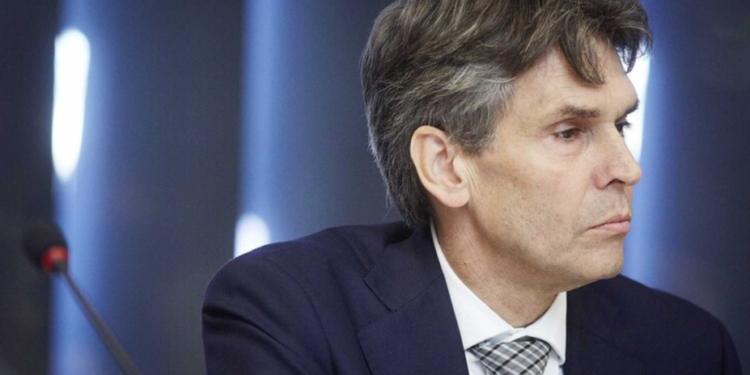The Netherlands accepts that there are security risks as a consequence of the presence of the ICC in The Hague, and the competent services of the state take the necessary measures. This is what Dick Schoof (pictured), the Dutch National Coordinator for Security and Counterterrorism, says when confronted with certain “Al Qaeda fears” voiced by ICC staff members recently.
On Monday, August 22, 2016, the ICC will start the trial in the case of the Prosecutor versus Mali’s Ahmad Al Faqi Al Mahdi. It will be the first ICC trial about the Mali situation. Al Mahdi is charged with the war crime of the destruction of cultural heritage and religious monuments, committed in Timbuktu in 2012.
It will be also be the first ICC trial with an alleged link of the accused to Al-Qaeda. This is why ICC staff members, in informal conversations, sometimes voice concerns over security issues around the trial.
Schoof, confronted with this question, reminded a meeting of the Foreign Press Association of The Netherlands that it is a long-standing government position that the state supports The Hague as legal capital of the world and city of peace and justice.
“We take the security risks that go along with it,” Schoof says adding: “And we make sure security is in place. We take measures and try to reduce the risk.”
Schoof’s top job at the Dutch Ministry of Security and Justice does not cause him sleepless nights.
“It is a fact that these institutions are in our country,” he says about, amongst others, the ICC and the International Criminal Tribunal for the former Yugoslavia.
The ICTY is the first-ever modern international criminal jurisdiction, established in 1993 as a reaction to atrocities committed during the wars in the Balkans. Secret services from the countries of the region developed intense activities in The Hague in the 1990s, to monitor the activities of the tribunal – and of the press covering it.
Confronted with these still largely confidential issues that some journalists are familiar with, Schoof is prepared to give a nod of agreement, maybe because it concerns incidents of almost 20 years ago.
But he is careful to avoid any comment on much more recent allegations, like reports over a Kenyan secret service agent of the NIS being deported from The Netherlands for having tried to intimidate an ICC witness (see The Hague Trials Kenya, 22 April 2015).
Schoof repeatedly stressed during his encounter with the press that in his job there are certain pieces of information he cannot share. And he refuses to comment on the record on the question whether concern about good diplomatic relations between Kenya and The Netherlands plays a role in the “choice for silence” in this case.







